The below list contains both the names of flours made from cereals (grains) and seeds (pseudo grains like amaranth, buckwheat, millets etc). Also are listed flours from beans and lentils. I have also mentioned if these flours are gluten free or not. While I have done the English, Hindi, Marathi and Gujarati translations on my own, for the other languages, the reference is taken from the book, Modern Cookery by Thangam Philip.
List of Indian Flours
Recipes made with these Flours
While the usual use of flours in India is majorly in making our everyday flatbreads like roti, phulka, poori and parathas at home, there are many other dishes where these flours are used. Here, I have compiled some of the personal favorite and popular choices at my home as well as some that are unique, yet form a significant part of Indian cuisine.
Fasting flours for vrat ka khana
Singhare ka atta (water chestnut flour) – you can make singhare ki poori, paratha, pakoras, halwa. gluten free.Kuttu ka atta (buckwheat flour) – you can make paratha, pakoras, poori, halwa. gluten free.Rajgira ka atta (amaranth flour) and rajgira (amaranth) – you can make pooris, vrat ka halwa, paratha, kadhi and thalipeeth. Roasted rajgira can be had mixed with fruits, porridge and even ladoos. gluten free.Sama ke chawal ka atta (barnyard millet flour) – can be used to make vrat ke uttapam, idli, dosa, pooris. gluten free.Arrowroot flour or paniphal flour – used as a thickener and binding agent. gluten free.Sabudana flour or tapioca flour – flour made from tapioca pearls. Can be used to make sabudana dosa and idli.
Note: to know more about fasting food check this Navratri Vrat Rules post. Related Culinary Posts: This Indian Flour Name post from the archives first published in January 2015 has been updated and republished on January 2023.
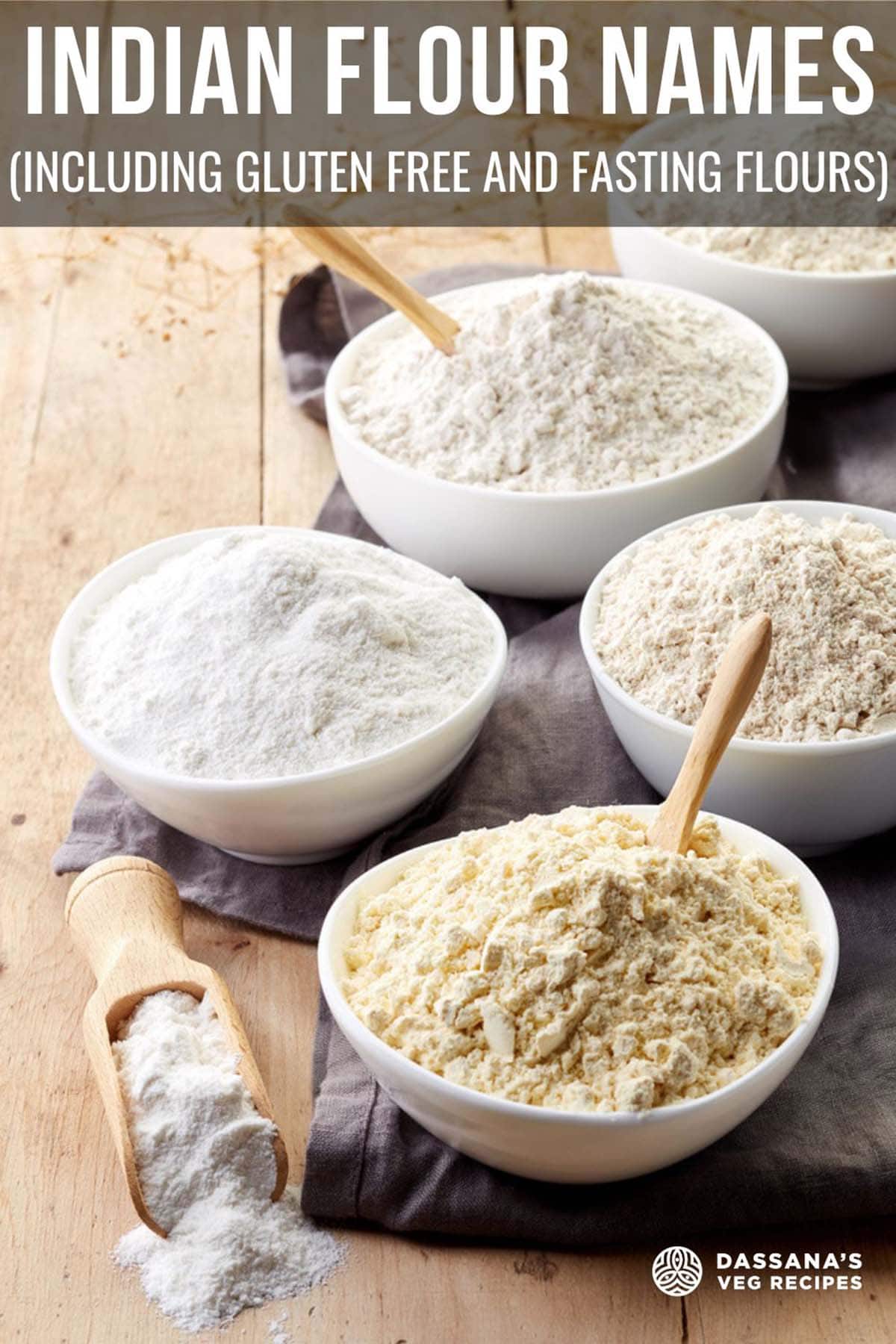
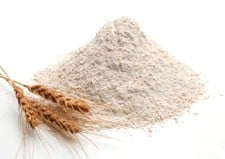
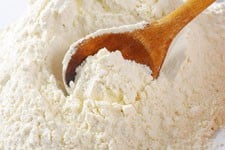
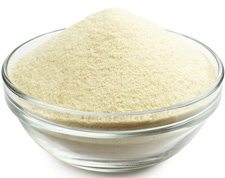
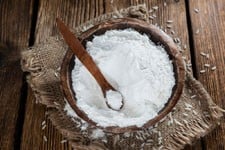
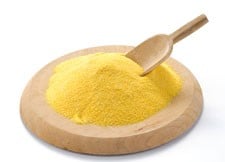
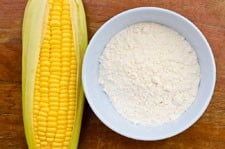
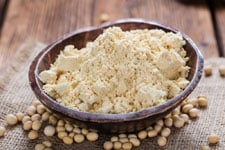
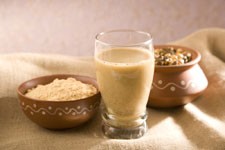
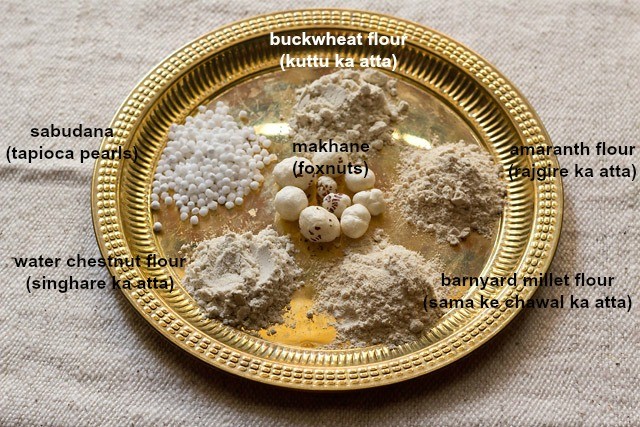
title: “Indian Flour Names List Of Indian Flours In Various Indian Languages” ShowToc: true date: “2024-09-13” author: “Fallon Shivers”
The below list contains both the names of flours made from cereals (grains) and seeds (pseudo grains like amaranth, buckwheat, millets etc). Also are listed flours from beans and lentils. I have also mentioned if these flours are gluten free or not. While I have done the English, Hindi, Marathi and Gujarati translations on my own, for the other languages, the reference is taken from the book, Modern Cookery by Thangam Philip.
List of Indian Flours
Recipes made with these Flours
While the usual use of flours in India is majorly in making our everyday flatbreads like roti, phulka, poori and parathas at home, there are many other dishes where these flours are used. Here, I have compiled some of the personal favorite and popular choices at my home as well as some that are unique, yet form a significant part of Indian cuisine.
Fasting flours for vrat ka khana
Singhare ka atta (water chestnut flour) – you can make singhare ki poori, paratha, pakoras, halwa. gluten free.Kuttu ka atta (buckwheat flour) – you can make paratha, pakoras, poori, halwa. gluten free.Rajgira ka atta (amaranth flour) and rajgira (amaranth) – you can make pooris, vrat ka halwa, paratha, kadhi and thalipeeth. Roasted rajgira can be had mixed with fruits, porridge and even ladoos. gluten free.Sama ke chawal ka atta (barnyard millet flour) – can be used to make vrat ke uttapam, idli, dosa, pooris. gluten free.Arrowroot flour or paniphal flour – used as a thickener and binding agent. gluten free.Sabudana flour or tapioca flour – flour made from tapioca pearls. Can be used to make sabudana dosa and idli.
Note: to know more about fasting food check this Navratri Vrat Rules post. Related Culinary Posts: This Indian Flour Name post from the archives first published in January 2015 has been updated and republished on January 2023.









